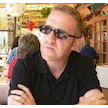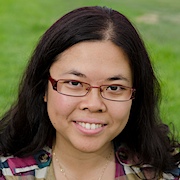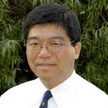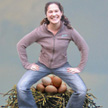Related Questions
- From evolution, do humans still retain the (now probably unconscious) ability to detect pheremones and learn things
- if you werent studying what you are now, what other science topics would you be interested in?
- What are your hopes for your studies
- we reasently learnt that pneumonoultramicroscopicsilicovolcanoconiosis is the longest word in the english language and
- What science subjects would you have to study in order to become a dentist?








If we want to find out new things about our world (in a general sense, as opposed to a geography sense), then we want to exchange ideas, learn new things and so on. Yes, there are people doing chemistry in every country, but I wanted to learn how to use lasers to find out more about the details of how chemical reactions occur, and therefore wanted to work with the scientists who were leaders in that area … which meant working in California for almost 2 years, and then in Sweden for 3 months.
When doctors do their specialist training, they will often go to a particular hospital that has greater-than-normal expertise in that specialty. It’s the same in science. We do not have to go to a different country, or to a different state, or to a different city, but if we it offers lots of learning opportunities.
This working in another place also enables us to meet other more scientists, make new friendships, experience a different culture, and so on. I got to see snow on the ground, and to learn how to ski at Squaw Valley, which was the site of the 1960 Winter Olympics at Lake Tahoe in the USA. One of the people, whom I met in California, is now a scientist in Perth, and with whom I now collaborate.
1